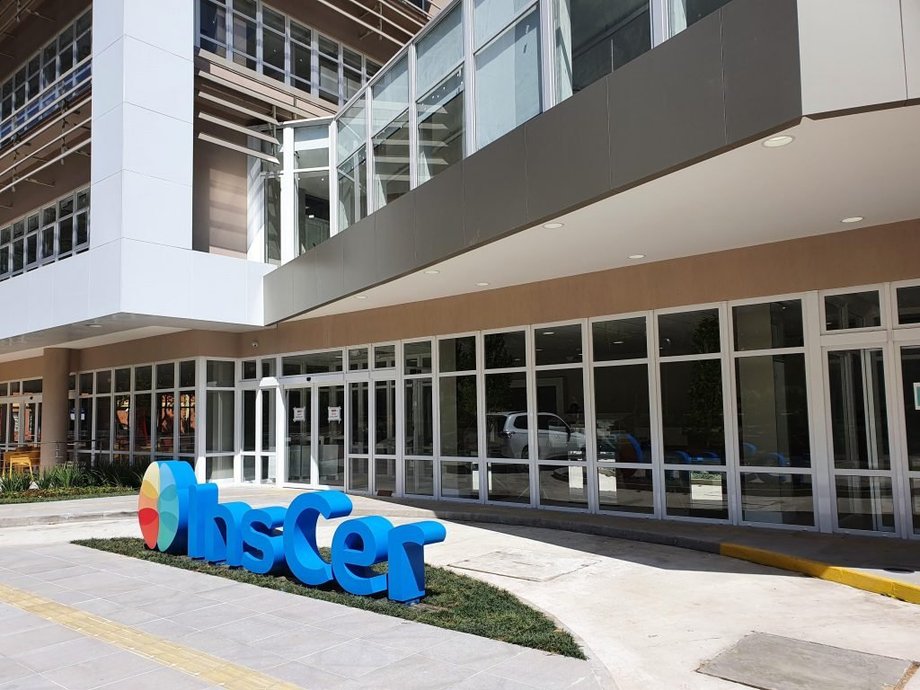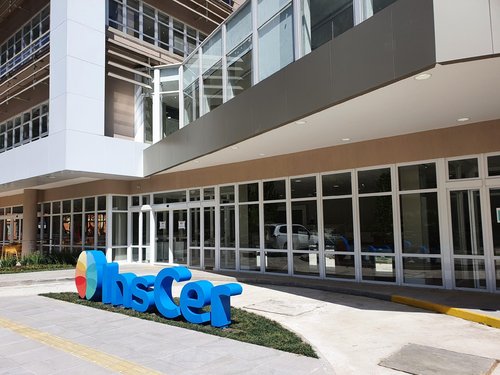The Brain Institute by Dom Jaime Spengler
Last Monday (9), the expansion works of the Brain Institute of Rio Grande do Sul (InsCer) were inaugurated. The Institute is the result of the determination, courage and boldness of a neuroscience research group at the Institute of Biomedical Research of the Pontifical Catholic University of Rio Grande do Sul (PUCRS). Today, world-renowned neuroscientists participate in this initiative.
/
The works developed by InsCer cooperate to understand, for example, various pathologies that mark the human condition; at the same time it develops research with a view to treatment and, hopefully, overcoming them.
/
Recognizing the work of InsCer is an opportunity to remember the task of the man of science. As a scientist, the human being is called to know everything that the eyes of the flesh allow to see. In his efforts, he is always confronted with two perspectives that represent the driving force of the very possibility of advancing his investigations: dogmatism and skepticism. It is precisely from the constant tension between such perspectives that the truth can come to the fore. Skepticism represents the belief that it is impossible to achieve knowledge of something. Dogmatism, on the other hand, tends to believe that scientific truth is the whole truth.
/
The two excesses, which threaten a balanced advance of scientific work, can only be avoided, through that decision that Pascal calls the submission of reason. What is sought through this requirement is to avoid the excesses that are always lurking: “exclude reason, only admit reason” (Fr. 253).
/
Science cannot want to be the foundation of itself, because at the base of its course is reason, and this is fragile. Recalling the fragility of human reason, implies recognizing the transience of scientific achievements. They are valuable, but precarious, after all, there are “reasons that reason itself does not know”. Bearing in mind this principle allows not to transform work in reason into ideology.
/
The scientist strives for rationality to always know more and better the reality in its various expressions. At the same time, it develops a critique of reason itself, as a possibility for vigorous and authentic scientific development. This way of proceeding impels him to go even further.
/
May InsCer, in the development of its original objectives, cooperate to, always more and better, make known the human brain, its complexity, possibilities and limits.
/
Dom Jaime Spengler, archbishop of Porto Alegre and first vice president of the National Conference of Bishops of Brazil (CNBB)



